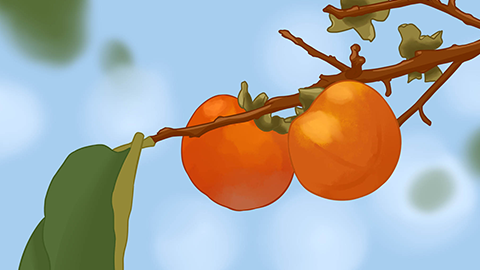Can persimmons and river shrimp be eaten together?
In general, it is not recommended to consume persimmons and river shrimp together. The detailed explanation is as follows:

Persimmons are rich in tannic acid and pectin, while river shrimp contains abundant protein and calcium. When tannic acid meets protein from river shrimp in the acidic environment of the stomach, the tannic acid causes the protein to coagulate, forming tannic acid-protein precipitates that are difficult to digest. Additionally, tannic acid may bind with calcium in the river shrimp, forming insoluble tannic acid-calcium precipitates. Accumulation of these precipitates in the stomach may easily cause symptoms of indigestion such as nausea, vomiting, abdominal pain, and bloating. In severe cases, intestinal obstruction could occur, requiring medical intervention. Moreover, persimmons are naturally cold in nature, as are river shrimp, so consuming them together can exacerbate the cold condition of the gastrointestinal tract. Therefore, to avoid these adverse effects, it is recommended to wait at least two hours before or after consuming river shrimp before eating persimmons. For individuals with weak gastrointestinal function or spleen and stomach deficiency cold,
it is especially important to strictly avoid consuming both together. Furthermore, unripe persimmons contain even higher levels of tannic acid and should not be consumed. Ripe persimmons should also be avoided on an empty stomach and should not be consumed in excessive amounts.





